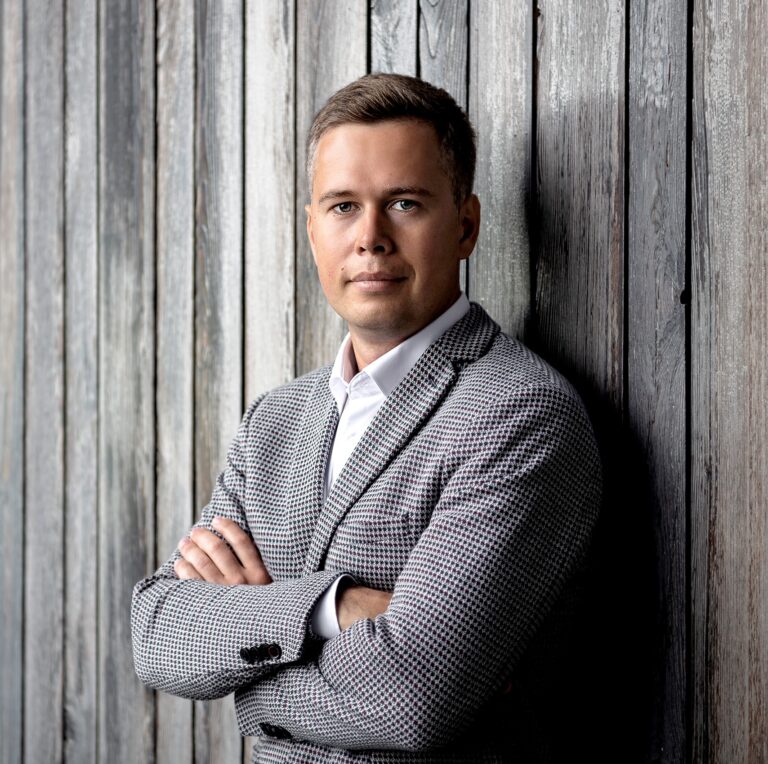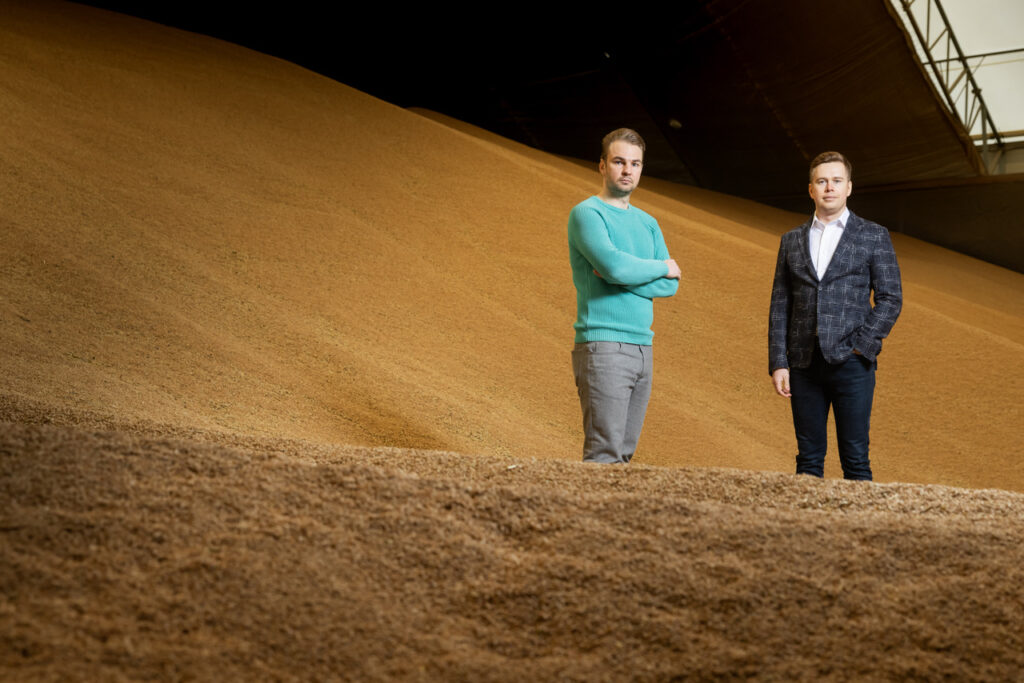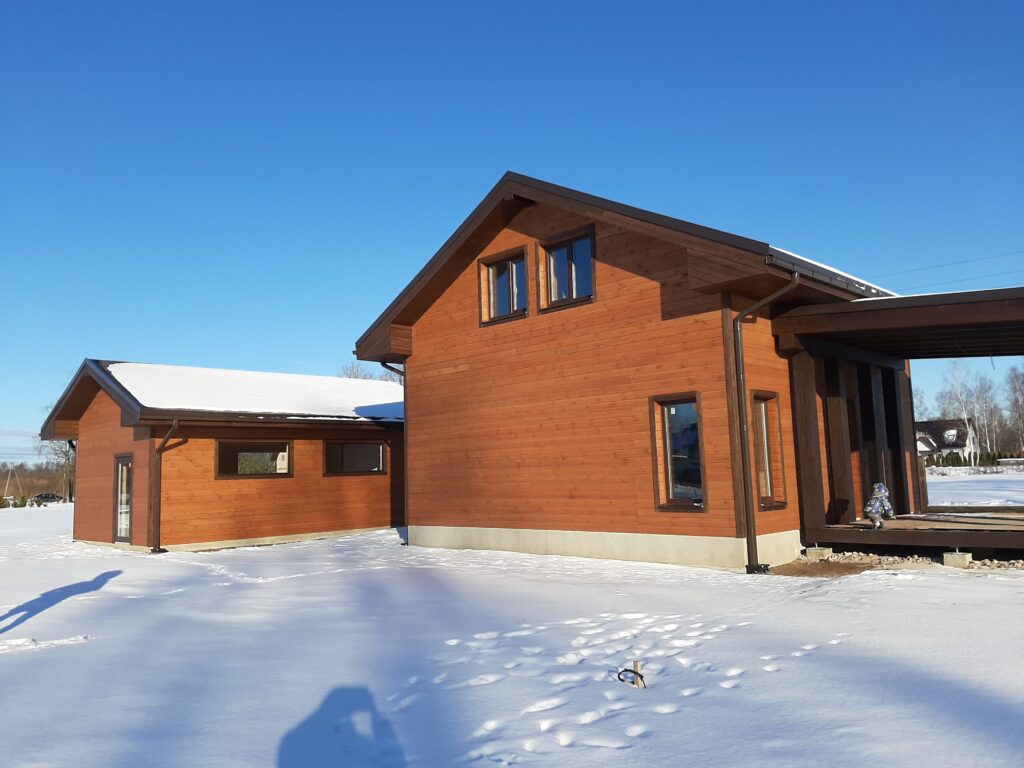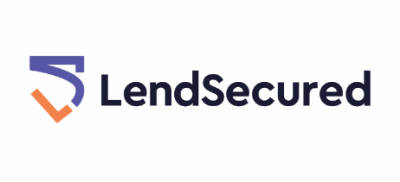LendSecured offers experienced P2P investors extra diversification & high returns
LendSecured is a newly launched P2P site based in Riga, Latvia. Riga is home to many other P2P sites, so what makes LendSecured potentially interesting for investors? In short, diversification, plus high returns. LendSecured is focused on agriculture and crop finance, where they see a big under-supply of credit to farmers who have stable cash flows and valuable collateral to offer. Agriculture has a low correlation with many other assets that P2P investors typically help to fund, such as real estate developments, or consumer finance. This means that LendSecured loans could offer extra diversification benefits to many P2P investors.
We recently featured an interview with the CEO of a similar new site – HeavyFinance. While HeavyFinance focuses primarily on loans secured against farm machinery, LendSecured has a slightly different specialism. Firstly, they provide loans secured directly against farmland, at very low LTVs (often 25% or lower). They have recently also introduced loans secured against crop production. Nikita Goncars, CEO and co-founder of LendSecured explains below how they structure their crop loans in a way that provides strong protection to investors.
While LendSecured has only recently been opened to retail investors, the team have been successfully working with high net worth investors and institutions for over 10 years. Investors have earned a return of over 10% throughout this period, with no capital losses on any of the €16m of loans that have been written. Interest rates offered at LendSecured currently are between 11-12%.

Nikita you are a ‘new’ P2P site for retail investors but you have actually been operating for 10 years now. Can you explain the history and why you decided to open up for retail investors?
Yes, at first LendSecured might look like a new P2P site, but it is important to understand the experience of the team behind it. For the last 10 years we have built a successful licensed lending and debt collection companies from zero. We have had several large renovation objects finished, made over 800 real estate deals, lent over €30 million. My Partner Edgars Talums whom I joined in 2011 has even longer experience in real estate and Lending. You can find out more in our corporate presentation.
The decision to launch our own online crowdlending platform was a next logical step in our business development. Our business activities were funded by local banks and high-net worth individuals, we earned their trust over last 10 years and they are certainly at the core of our business. During covid they had even increased their portfolios with us.
But still, local funding possibilities are quite limited, and the EU financial market is ineffective. It’s an absurd situation, when a country is the part of European Union, but access to funds is mostly local. We saw that crowdlending is one of the solutions. In 2017 the first version of LendSecured was launched, for high-net-worth investors only. In 2020 we have received guidelines from our local regulator (FCMC) [to be able to launch a retail platform] and have successfully fulfilled them. After receiving the green light from the regulator, we have started to onboard retail investors and advertise our platform.
Now every person from EU, starting with only €50 has access to our investments which were recently available only to individuals with high net worth.
You’ve told us in the past that you saw some weaknesses with other P2P sites that you wanted to address. What were they, and how did you address them?
Yes, we saw several issues:
- a lack of account segregation, which can lead to investors’ money being stolen or spent on other business purposes;
- a lot of high risk and unsecured loans – it is easy to issue loans, anyone can do that, the real business starts when you need to collect the repayments. As long as the economy is growing everything is great, but as we know it is cyclic and you need to be prepared for the contraction period;
- a lack of transparency and/or experience of the team – obviously this is connected to a lack of regulation in P2P/crowdlending and that the industry is still young.

We have addressed these issues in such ways :
1) Using LemonWay solution (licensed Payment institution in France), to safely store investors funds at one of the biggest banks in the world – BNP Paribas. We were the first platform in Latvia to implement funds segregation criteria. The segregation method was reviewed and accepted by the regulator;
2) Only publishing projects with liquid collateral, with Low LTV, so that in case of default investors’ money can be recovered with interest and recovery costs. Our average LTV is below 40%; and
3) Working to obtain an ECSP license as soon as it will be possible.
Tell us about yourself and your team. What experience do you have with underwriting, executing and recovering loans?
Our team consists of professionals at debt collection, sales, marketing, finance, legal, AML etc. We are working with banks and high-net worth individuals, with strict evaluation criteria and regular financial reports. For the last 10 years we have managed to obtain a zero-capital loss on our portfolio.
Let’s talk about the real estate lending – many of your loans are secured on small parcels of farmland. Why is that a good asset class to lend against?
The demand for farmland is higher than supply, so farmers are forced to rent land plots. Our agricultural portfolio had much lower default rate than loans to the consumers during covid. The best aspects of farmland as a collateral are:
- High liquidity
- Growing prices
- Low volatility
- No construction risk (if comparing with development loans)
- Farmers are disciplined and responsible payers – not impacted by covid; + receiving EU subsidies.
You are focusing on the agricultural sector in particular. Why is there a big opportunity for you there? Why is there a lack of finance available to your borrowers?
The EU is one of the largest agricultural producer in the world, with a total agricultural production of EUR 181.7 billion in 2018. But in 9 out of 28 EU countries farmers experience hard times to access funding. The potential volume of funding needed is from 8 to 15 billion EUR for those 9 countries. (financial gap).
We believe that the goal of crowdlending/P2P is to solve such financial gaps, we already see it happening in real estate/development sector. The main reasons behind lack of funding are high bureaucracy of banks, weak financial reporting systems of the farmers and a lack of innovative, flexible lending products.
How easy or difficult is it to value the land you lend against? How easy is it to sell?
The evaluation process is straightforward if you have the necessary expertise. The main criteria that define the price are region, and land qualify/fertility. Other factors are the farming activity in the region, large farmers surrounding (potential buyers), access, flood risk etc.
We have experience in land evaluation since 2011, with an in-house experts and some additional outsourced services. There was never a problem to sell farmland, but now the demand is even higher and at the last auctions the collateral was sold 30% above its expected market price.
We publish projects on our platform only after in-depth analysis, and still our average LTV is very low. Recently we had a loan where LTV is lower than the interest rate paid to investors – 9% LTV, and 12% APR.

How impacted by Covid-19 are the courts in your region? In some European countries there are restrictions on foreclosures and long delays in receiving judgements
This question is best answered by our Head of Legal, Janis-Laiviņš. Janis has over 9 years of experience in Real estate and debt collection, so let’s address it to him.
Answer from Janis:
“At this point there are no changes in receiving judgements or foreclosures. During the first Covid-19 wave in April 2020 the deadline for execution of a voluntary court decision was extended, but it was only until September 2020 and now it is back to normal proceedings. Where there is a real estate pledge involved, the judgment in Latvian courts can be obtained within 10 days. In that part nothing has changed due to Covid-19. Courts of course are held remotely, but that does not prolong the process.”
The EU is the largest agricultural producer in the world, with a total agricultural production of EUR 181.7 billion in 2018.
But in 9 out of 28 EU countries farmers experience hard times to access funding. The potential volume of funding needed is from 8 to 15 billion EUR for those 9 countries. (financial gap).
You are focusing on the agricultural sector in particular. Why is there a big opportunity for you there? Why is there a lack of finance available to your borrowers?
We believe that the goal of crowdlending/P2P is to solve such financial gaps, we already see it happening in real estate/development sector. The main reasons behind lack of funding are high bureaucracy of banks, weak financial reporting systems of the farmers and a lack of innovative, flexible lending products.
How would you describe your track record so far? What returns have your investors generated?
During covid times we see that some new platforms are struggling to grow. But we saw an active interest in our lending product from p2p investor community. Over €500k has already been financed [through our retail platform] – we consider that a good start. Investors are earning on average 12% + cashback and refer a friend bonuses, so up to 14% returns can be achieved easily. We are currently focusing on increasing market share in agricultural lending and are ready to generously reward our investors, especially the early adopters.
Sophisticated P2P investors pay close attention to ‘platform risk’ when new P2P sites launch. In what ways can you demonstrate to them that your platform is viable and has sufficient shareholder backing?
The platform is self-funded from the founders other business profits, so we do not have a cash-burn limit, like other start-up like platforms, which have attracted a limited amount of venture funding. It is important to understand, that LendSecured is a part of a long-term group development plan which is supported by our core business.
You see a big opportunity with your new crop finance loans. Most of our readers will not be familiar with this type of loan. How does it work? How do you structure it in a way that protects investors?

Our crop financing product is the 1st step on a path to improve access to funding for farmers and at the same time to give investors an opportunity to diversify from payday loans and RE development projects. The crop finance product is quite easy to understand – at the start of every season farmers need money to buy seeds, fertilizer, pay wages or fix machinery, so we lend them money for that, and they repay the loan at the end of the season by selling their harvest. Usually the term is quite short, 6-9 months, which we see is highly attractive to retail investors.
We put in place the following security mechanisms to protect investors:
- A 3-way agreement (between the harvest buyer, farmer, and platform) – when the crop is sold, firstly the loan is repaid and only after that, the remaining amount is transferred to the farmer.
- Crop insurance – protects harvest from natural disasters.
- Low LTV – protects from bad harvest year. The biggest drop was 30% by looking at Eurostat data.
- Personal guarantee – famers are responsible not only with harvest and business assets but also with personal belongings.
- Additional assets – famers always have additional assets, like machinery, land plots and other stored goods which can be used to cover a loan in case of default.
- Hedged grain prices – harvest buyers are using price hedging instruments to be protected from the price fluctuations.
Of course, standard in depth due diligence on the business entity is made as well.
What are your plans for LendSecured? Are you planning to launch in more countries? Any plans to raise equity (like Estateguru and others)?
Our number one priority this year is obtaining an ECSP license. There is a lot of work done daily, which is unseen to the outside world, like IT improvements, document preparations and regular communication with local and EU regulators. We plan to expand to other Baltic countries with our agricultural product this year and add some further markets in 2022. We are evaluating some additional equity sources, but if we decide on it, we will only go for “smart money” bringing strategic benefits to our growth, otherwise we do not have a lack in funding and are sustainable and profitable. Our financials are published and available under “Transparency” on LendSecured page.
Final thoughts
LendSecured is most suitable for experienced P2P investors looking to add some extra diversification to their portfolios. LendSecured is currently still a small site with limited deal-flow, so it not likely to be a ‘core’ P2P platform for investors in the way that a Mintos or Estateguru may be. However there are many investors who arguably have too much of their P2P portfolios in sites such as those, that could benefit from having exposure to a different P2P asset class, while still earning returns above 10%. We think the risk / reward profiles of most of the loans featured is strong.
Another aspect of LendSecured that we think will be attractive to some P2P investors are its superior ‘ESG’ credentials. We think that many investors will like to know that their investments are being put towards uses that benefit society, such as supporting small farmers and increasing crop production, rather than towards (say) payday lenders charging high interest rates to borrowers.
1% signup bonus
LendSecured is currently offering new investors a 1% signup bonus. To qualify, simply use this link to visit LendSecured and open an account. A 1% bonus will be credited on all investments made within 90 days of account registration.

Dear,
do you have any info if they received ECSP license which was planned in last year? Cant find it anywhere and they didnt respond to info@mail
Regards,
Tilen
Two more things I would have asked: 1) how long are recovery times from defaults, given that it appears they have had some, and more importantly, 2) how exactly does the platform make a profit? this being a crucial point since a business model where investors’ interests and the platform’s interests aren’t quite aligned doesn’t usually bode well for the investors. Case in point, Crowdestor’s business model, where they simply take their slice of the pie upfront from the collected investors’ money, and thereafter aren’t much concerned about what happens to the loans because it isn’t really a problem for them (other than reputationally). That’s the sort of business model I would rather stay away from.
Here are the answers to your questions: 1) The recovery of defaults takes approximately 5-6 months, however most of the borrowers repay the defaulted loans right after a judgment against them is received, by selling the collateral or refinancing, which is approximately after 2-3 months.
2) Platform makes profit from success and supervision fees, however, it does not mean that it is not interested in the payment discipline, as for example supervision fee is paid monthly for all duration of the loan and platform does not receive it in case of default. Unlike Crowdestor, which offers one time loans, loans offered by LendSecured are seasonal in their nature, thus there is an interested in annual cooperation and reoccurring clients not one time profit. Furthermore, the company’s activity is not limited to crowdfunding. LendSecured is just a part of group of companies, with core business of mortgage lending. Taking into account the success of the core business, LendSecured has unlimited cash burn.
Hope this provided more insight. We are always open for follow-up questions.
They are very reactive on their Telegram group. Good point ?
No, only primary market
Does the 1% Bonus also apply to their secondary market?